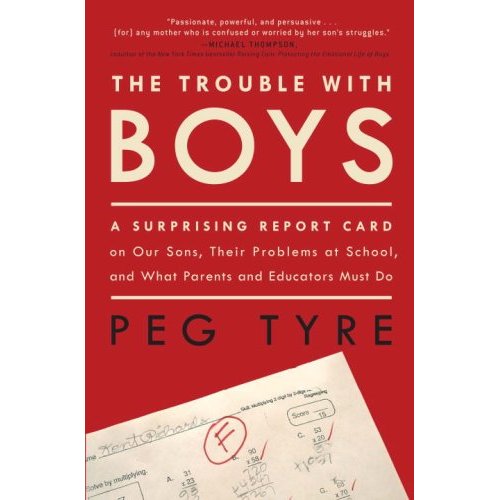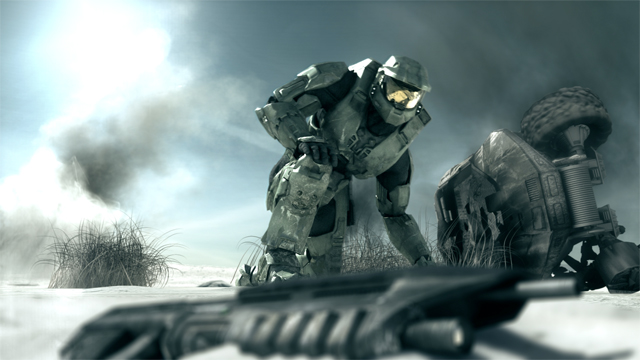We've all heard the argument repeated by pundits and politicians in the post-Columbine era: teens who play violent video games are at an extreme risk of being corrupted by the violent media they're exposed to. It's a theory that certainly seems to resonate with concerned parents in particular. After all, no one wants to knowingly endanger their child's mental well-being, especially with something that seems like an innocent pastime. But in an argument that will probably make game critics' heads explode, a new book believes that young boys who are struggling in school may need more exposure to violent media in order to do better. The author of The Trouble With Boys, Peg Tyre, claims that the recent anti-violence efforts of the past decade are actually doing more to hinder boys' development than help them.
Tyre's suggestion is simple enough: let boys be boys by simply letting them engage in the aggressive fantasies that come to them naturally.
The idea for the book began when Tyre, a senior writer for Newsweek at the time, wrote a 2006 cover story for the magazine, called "Boy Crisis." The article focused on how boys were falling behind in school and what educational institutions were doing to address the issue. The figures are certainly worrying, according to Tyre: "Boys get expelled from preschool at four times the rates of girls," she writes. "They are prescribed the lion's share of ADHD medication, they get most of the C's and D's in middle school, and they drop out of high school more than girls. Currently, only 43% of undergraduates in the United States are men." So what's the solution? Tyre's suggestion is simple enough: let boys be boys by simply letting them engage in the aggressive fantasies that come to them naturally.





 Loading comments...
Loading comments...
